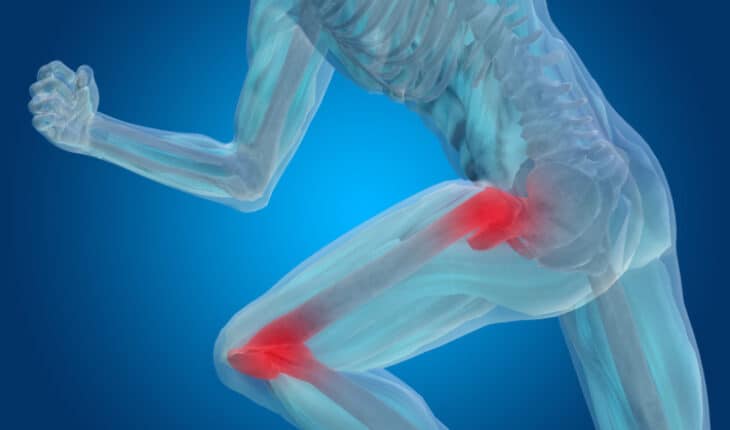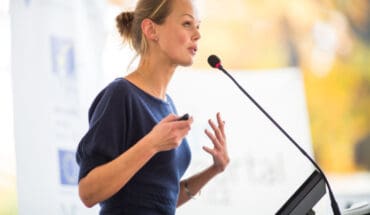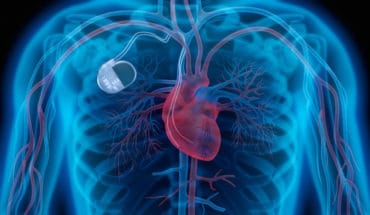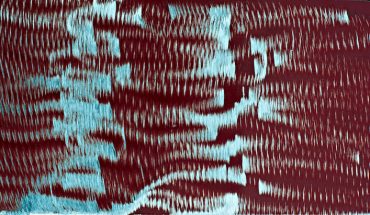New treatment could help avoid surgery by healing ACL rupture: The new study looked at 80 people treated with the cross bracing protocol, and found 90 per cent had evidence of ACL healing.
A new non-surgical bracing treatment may help to facilitate healing after an anterior cruciate ligament (ACL) rupture, a new study has found.
Published in the British Journal of Sports Medicine, the study looked at 80 people treated with the cross bracing protocol, and found 90 per cent had evidence of ACL healing on MRI three months after ACL rupture.
People with more ACL healing on three month MRI reported better 12-month outcomes including very high return to sport rates, better knee function and quality of life.
Dr Stephanie Filbay, Senior Research Associate in the Department of Physiotherapy at the University of Melbourne, said it builds upon her recent research showing that 30 per cent of ACL’s can heal with exercise-based rehabilitation, and people with ACL healing reported better outcomes than those treated with ACL surgery.
“If the benefits of this treatment are supported by a clinical trial, this could result in a paradigm shift, whereby people aim to heal a ruptured ACL rather than reconstruct it with surgery,” Dr Filbay said.
“We are now planning a clinical trial to assess whether this new treatment results in better outcomes than ACL surgery for acute ACL rupture.
“Long term follow-up is needed to determine whether healing of ACL rupture (as seen on MRI) results in better long-term outcomes including less knee arthritis in the future.”
Patients with ACL ruptures were managed with the cross bracing protocol in the study which involved their injured knee being immobilised at 90 degrees in the brace for 4 weeks, and then range of motion was increased progressively until the brace was removed at 12 weeks. The research team hypothesised that holding the knee at 90 degrees could help to unite the torn ends of the ACL and encourage healing.
The study involved active patients ranging from ages 10 to 58.
“In the future, the potential for the ACL to heal may be an important consideration when deciding upon surgical or non-surgical management,” Dr Filbay said.
- Gut microbiome could delay onset of type 1 diabetes - 3rd April 2025
- The da Vinci 5 Robot Is Set To Transform Bariatric Care: - 31st March 2025
- Beyond money: the hidden drivers fuelling child food insecurity - 31st March 2025






